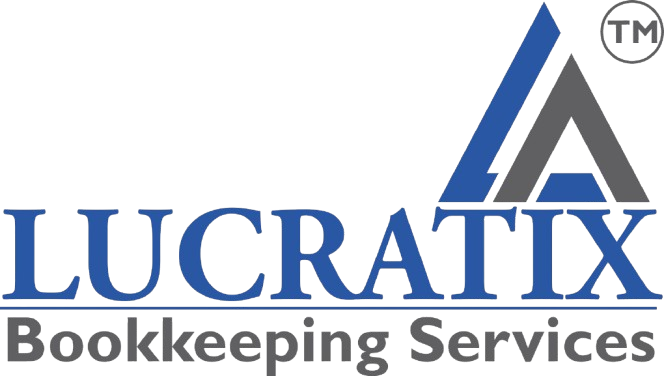Accounting firms can shift to value-based billing by transitioning from traditional hourly rates to pricing based on the value delivered to clients. According to Financial Intelligence for Entrepreneurs by Karen Berman and Joe Knight, understanding the client’s cash flow and financial health allows firms to tailor services that directly impact the client’s bottom line.
This shift involves assessing the results and benefits provided to the client, such as improving profitability or optimizing financial management, and setting fees that reflect the outcome rather than time spent. Firms need to focus on creating customized solutions and transparent communication to showcase the true value of their services.

The benefits of value-based billing for both clients and firms are significant. From the client’s perspective, as discussed in Cost Reduction Analysis by Steven Bragg, they gain a clearer understanding of what they are paying for and how it impacts their business, which fosters trust and strengthens the client-firm relationship.
For firms, moving to value-based billing can increase profitability and improve client satisfaction, as clients are more likely to perceive the fees as justified by measurable outcomes. It also encourages firms to focus on efficiency and innovation, aligning with insights from The Innovator’s Dilemma by Clayton Christensen, leading to sustainable growth.






